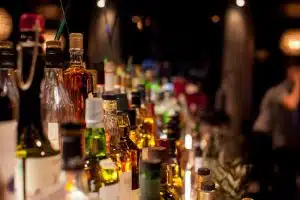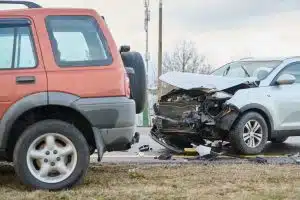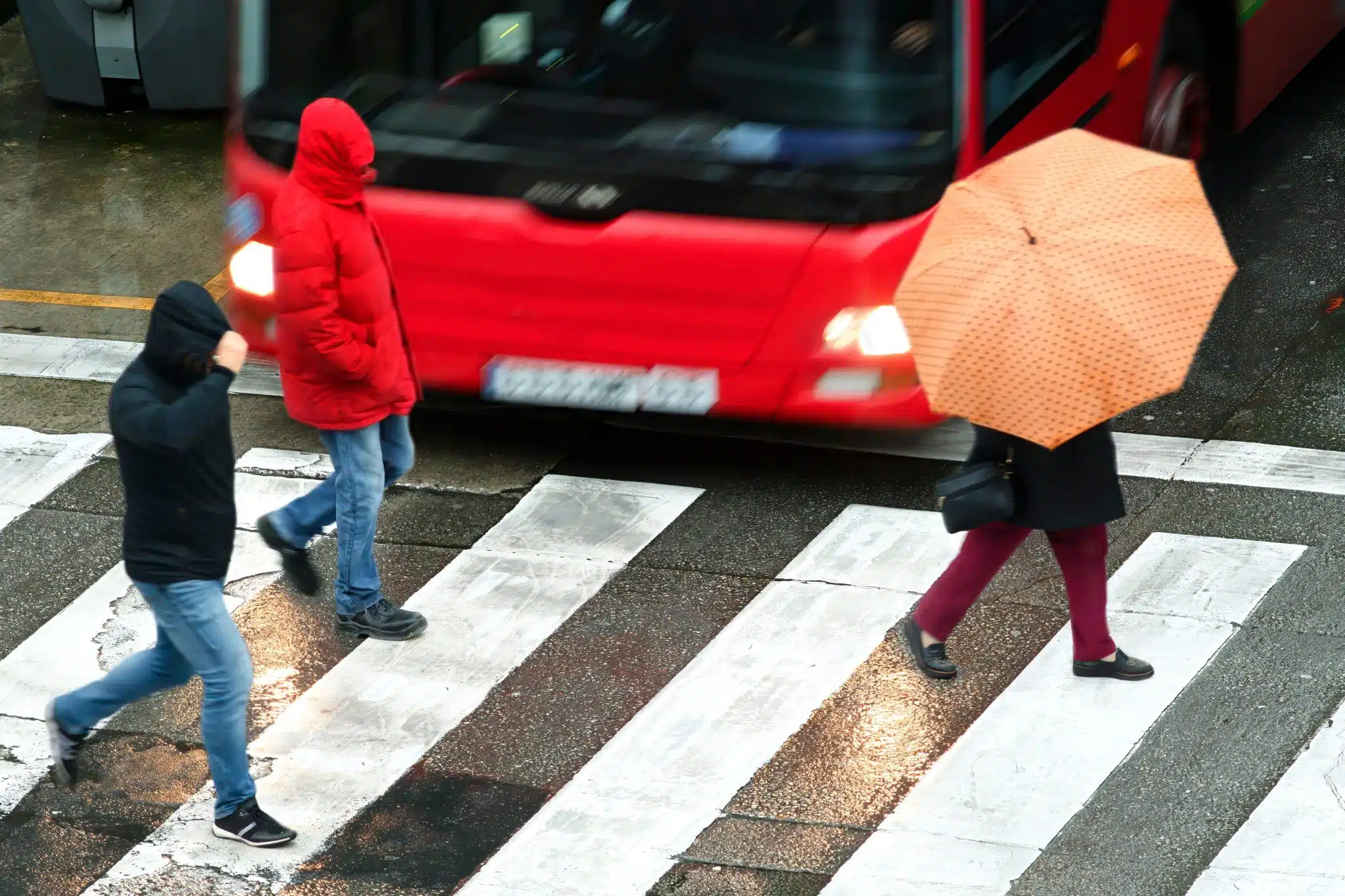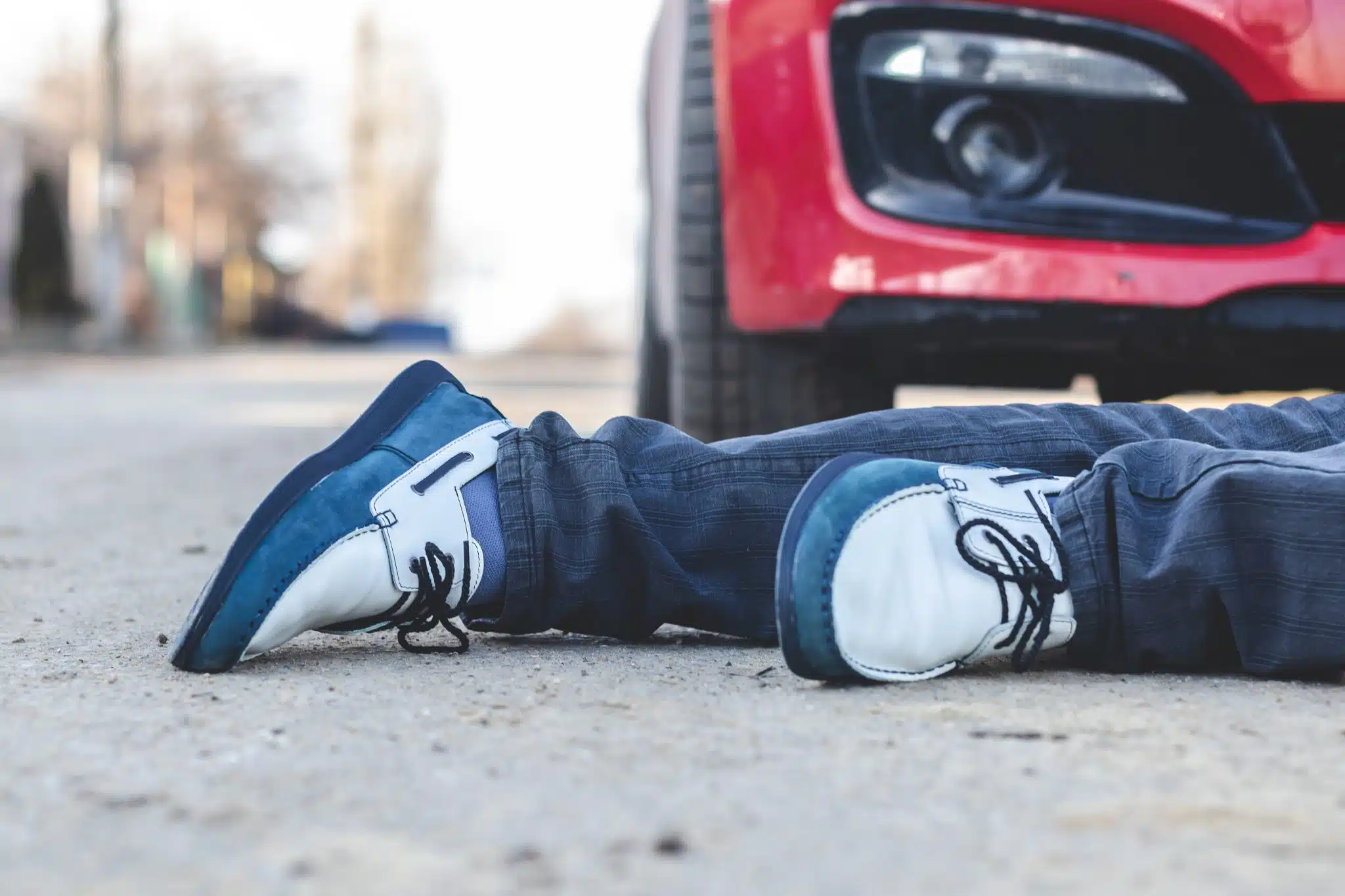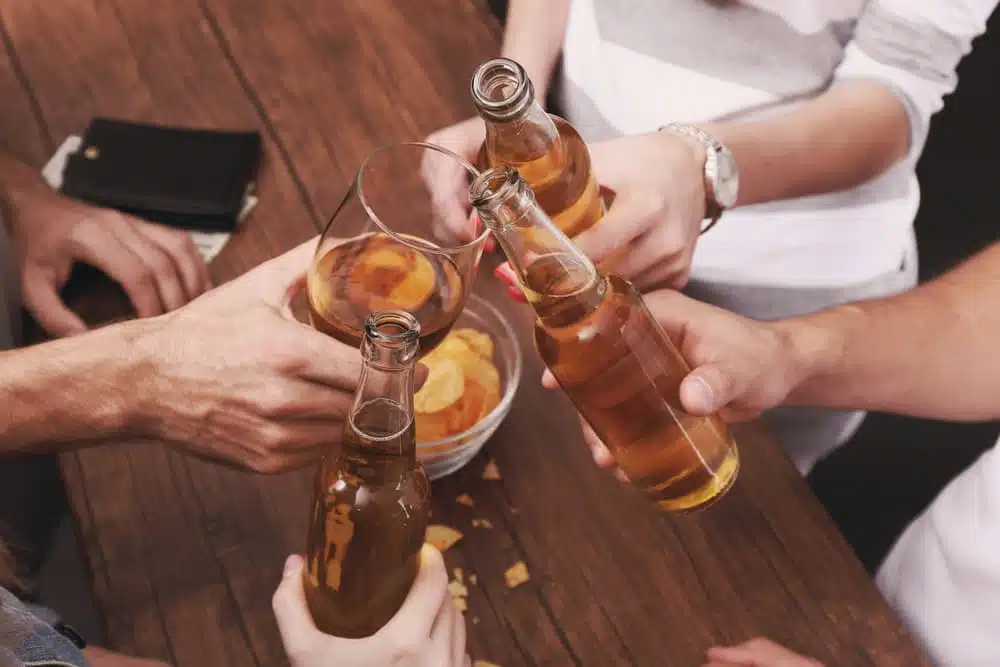
When a drunk driver injures or kills others in an accident, victims and their families can suffer immeasurable pain and trauma. While the intoxicated driver bears primary responsibility, in some cases, you can hold the establishment that overserved the visibly drunk patron liable under dram shop laws.
In Pennsylvania, dram shop liability allows victims to bring civil lawsuits against bars, restaurants, and other alcohol vendors in certain situations where the irresponsible service of alcohol contributed to an accident. This provides an important pathway to justice and compensation for victims.
If a drunk driver in Pennsylvania has harmed you or a loved one, you need a Pennsylvania DUI accident lawyer who understands how dram shop liability works and whether it applies to your case.
What is a Dram Shop Law?
Dram shop laws, named after the 18th-century unit of liquid measurement, are state statutes that hold establishments liable for serving alcohol to visibly intoxicated patrons or minors who then cause accidents and injuries. The principle behind dram shop liability is that licensed alcohol vendors have a duty not to serve those who are clearly drunk, both for the safety of the patron and the general public.
When bars or restaurants neglect this responsibility by continuing to serve a visibly intoxicated patron, you can hold them accountable through a dram shop claim.
Dram shop laws do not absolve drunk drivers of liability but rather allow an additional claim against the vendor for their role in enabling the accident.
When Does Dram Shop Liability Apply in PA?
Pennsylvania’s dram shop law can be found in Section 4-497 of the state’s statutes.
It specifies two scenarios where a plaintiff can hold an alcohol vendor liable for a drunk driving accident:
- Serving alcohol to a visibly intoxicated patron. If a bar, restaurant, or licensed vendor serves alcohol to someone who is “visibly intoxicated” to the point that they present a clear danger to themselves and others, the establishment may be liable if that patron then causes an accident. Signs of visible intoxication can include slurred speech, impaired motor skills, aggressive behavior, inability to remain sitting upright, and more.
- Serving alcohol to a minor. Any licensed alcohol vendor who knowingly serves alcohol to someone under the legal drinking age of 21 can be held liable if the minor then causes a crash. This applies even if the minor did not appear visibly drunk at the time. Vendors have a strict duty to check IDs and not serve underage patrons.
In both the above situations, the vendor’s improper service of alcohol must be found to be a proximate cause of the injuries for dram shop liability to apply. In other words, a clear connection must show the vendor’s actions enabled the accident.
Example of How Dram Shop Liability Works in Pennsylvania
Let’s consider a hypothetical example to illustrate how dram shop liability works in Pennsylvania:
Scenario:
John goes to a local bar after work and has several beers. Despite John becoming visibly intoxicated, showing signs like slurred speech, unsteady gait, and poor coordination, the bartender continues to serve him drinks. John leaves the bar, gets behind the wheel, and causes a head-on collision with another vehicle, severely injuring the driver, Sarah. John is also killed in the crash.
Dram Shop Liability:
In this scenario, Sarah could bring a third-party dram shop claim against the bar for overserving John when he was visibly intoxicated. To succeed, Sarah would need to prove:
- The bar served John alcohol when he was visibly intoxicated to the point of presenting a clear danger to himself and others.
- The bar’s negligent overservice of alcohol to John was a proximate cause of the crash and Sarah’s injuries.
Sarah’s attorney would gather evidence such as witness statements from other bar patrons or staff who observed John’s visible intoxication, receipts showing the excessive number of drinks served, and expert toxicology analysis. If successful, Sarah could recover damages from the bar for her medical bills, lost wages, pain and suffering, and other losses.
Licensees vs. Social Hosts
It’s crucial to understand that Pennsylvania’s dram shop law applies to licensed alcohol vendors like bars and restaurants, not private social hosts. So, if a friend served a visibly intoxicated guest at a house party, and that guest caused an accident, the social host would likely not be liable under dram shop rules.
The reasoning is that licensed establishments have a higher duty of care since serving alcohol is their business. They also have training and procedures to identify intoxication that a social host would not.
However, if the social host knowingly serves alcohol to a minor, they could potentially face criminal charges, including possible jail time, if someone gets hurt. However, they may also face civil charges.
For example, if the host knowingly serves a minor alcohol, then the minor gets behind the wheel and causes an accident, you can hold the host who served the minor alcohol financially liable for the harm that results. Or, if a host serves alcohol to a minor and the minor then gets into an altercation with another person, causing that person to slip and fall, you can hold the host liable for the person’s injuries.
Damages in a Dram Shop Case
In a successful dram shop liability claim, victims can recover compensation for damages including:
- Medical expenses
- Lost wages and benefits
- Property damage
- Pain and suffering
- Loss of consortium (companionship)
- Funeral and burial expenses (in cases of wrongful death)
Punitive damages may also be awarded in some cases to punish particularly egregious misconduct by a vendor and to deter similar neglect of responsibility in the future by that establishment and others.
Proving a Dram Shop Claim
Dram shop cases are complex and often challenging to prove. Demonstrating that a vendor served a visibly intoxicated patron typically requires witness testimony from others who observed the patron’s behavior and continued service. This could include other patrons, servers, or even friends of the intoxicated individual.
Receipts showing an excessive number of drinks served to the patron in a short time frame, security camera footage, police reports, and blood alcohol concentration (BAC) test results can also help build a case, along with expert testimony from toxicologists and other specialists.
Building a strong dram shop liability case requires quick action to gather and preserve evidence before it is lost. An experienced dram shop attorney can help coordinate a thorough investigation and navigate the legal complexities involved with holding alcohol vendors accountable.
Defenses to Dram Shop Liability
Establishments accused of dram shop violations may raise various defenses in an effort to avoid liability. For example, they may attempt to argue that the patron did not appear visibly intoxicated or that their intoxication did not directly cause the crash. They may also try to shift blame by arguing that the person’s intoxication was caused elsewhere before arriving at their establishment.
Dram shop laws put the burden of proof on the plaintiff (the injured victim bringing the claim) to demonstrate that the vendor violated their duty and that this violation caused the damages. Having strong evidence and an attorney experienced in overcoming dram shop defenses is key.
Statute of Limitations
Like other personal injury claims, dram shop cases in Pennsylvania must be filed within the statute of limitations, which is generally two years from the date of the drunk driving accident. However, dram shop claims may involve shorter deadlines and special rules, so speaking with an attorney as soon as possible is vital to protect your rights.
Dram Shop Liability and The Victim’s Role
In Pennsylvania, a dram shop claim may be affected if the injured victim played a role in the intoxicated person’s drinking. For example, if a victim was out drinking with the driver before the crash, the dram shop award could potentially be reduced under comparative negligence rules.
However, Pennsylvania follows a modified comparative negligence rule, which allows a plaintiff to recover damages as long as they are less than 51% at fault for the injury. So even if the victim isn’t entirely blameless, they can still hold an irresponsible alcohol vendor liable with the help of a skilled dram shop attorney.
Pennsylvania Dram Shop Law FAQs
Here are some frequently asked questions about Pennsylvania dram shop law:
Who can bring a dram shop liability claim in Pennsylvania?
In Pennsylvania, both third-party victims injured by a drunk driver and the families of drunk drivers themselves may bring dram shop claims against an alcohol vendor in certain situations.
Third-party claims involve a victim bringing a dram shop lawsuit against an establishment for overserving the drunk driver who caused their injuries. First-party claims refer to cases where the family of a drunk driver killed in a crash sues the vendor that overserved the driver.
What do I need to prove for a successful dram shop case?
To succeed in a Pennsylvania dram shop liability claim, you must prove that the establishment served alcohol to a visibly intoxicated patron or a minor and that this improper service was a proximate cause of your injuries.
Visible intoxication means the patron was so obviously drunk that they presented a clear danger. You’ll need evidence such as witness testimony, receipts, and expert analysis to demonstrate the establishment’s negligence led to the crash.
Can a drunk driver sue a bar for their own injuries?
In some cases, the family of a drunk driver who dies in a crash may bring a dram shop claim against the vendor that overserved the driver. However, the driver’s own fault in choosing to drink and drive will play a significant role under Pennsylvania’s comparative negligence rules.
The driver’s estate would need a skillful lawyer to prove the establishment negligently served the visibly intoxicated driver past the point of self-control and that this overservice proximately caused the fatal crash.
Get Help From a Pennsylvania Dram Shop Liability Lawyer
If you’ve been seriously injured or lost a loved one because of an overserved drunk driver, you need experienced legal representation to hold all responsible parties accountable and secure the full compensation you deserve.
The dram shop liability lawyers at Rothenberg Law Firm LLP have a proven track record of success in these complex cases and are here to fight for you during this difficult time.
We offer free consultations to help you understand your rights and determine if you have a viable dram shop claim. And we work on a contingency fee basis, meaning you pay no upfront costs and no legal fees at all unless and until we recover money for you.
Don’t let a bar or restaurant’s negligent overservice of alcohol go without consequence. Call the Pennsylvania personal injury attorneys at Rothenberg Law Firm today at (800) 624-8888 or through our online form, and let us pursue the justice you deserve.


